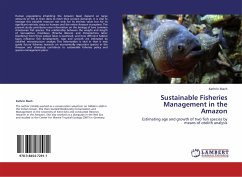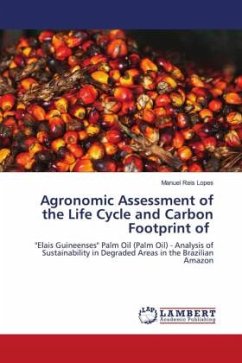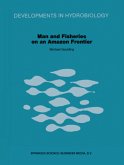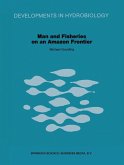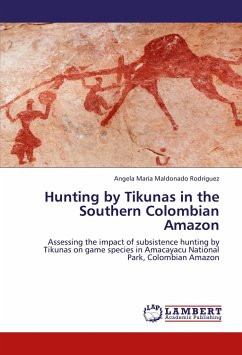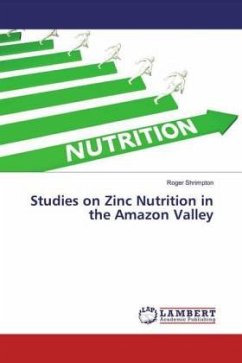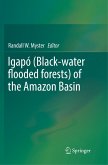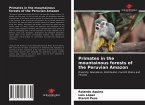Human populations inhabiting the Amazon Basin depend on large amounts of fish in their diets to meet their protein demands. It is vital to manage this valuable resource not only for its intrinsic value but for its significant extrinsic value to humans and the entire Amazon ecosystem. The present study contributes new information on the biology of two common Amazonian fish species. The relationship between the weight and length of Serrasalmus rhombeus (Piranha Blanco) and Potamorhina latior (Llambina) from three oxbow lakes is examined, and how different habitat types influence fish development. Age and growth are estimated by calcified microstructure analysis. This information is vital in that it may guide future fisheries research on economically important species in the Amazon and ultimately contribute to sustainable fisheries policy and species management plans.
Bitte wählen Sie Ihr Anliegen aus.
Rechnungen
Retourenschein anfordern
Bestellstatus
Storno

